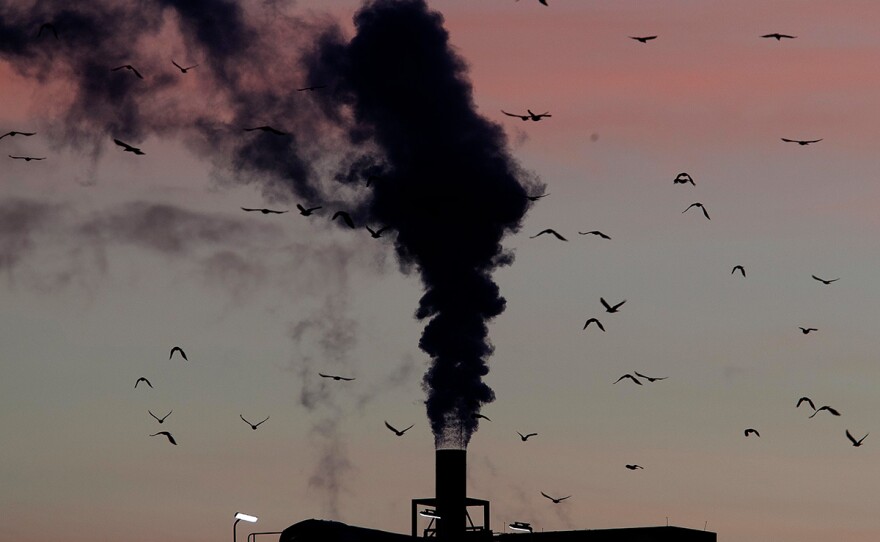From climate change to the pandemic, divisive political discord surrounds some of the most pressing issues facing the world today.
The way these issues evolve from initially straightforward problems to deeply politicized arguments can lead to what's called "high conflict."
It's a term that journalist and author Amanda Ripley uses to describe how the discussion surrounding important issues can become toxic, which is explored in her latest book "High Conflict: Why We Get Trapped and How We Get Out."
RELATED: US Is Flying Central Americans To Mexico To Deter Crossings
"High conflict stops being about the thing it seems to be about, and it usually is about fear, humiliation, a desire to belong, and to make sense of a world that doesn't feel like it makes sense," Ripley said.
She joined Midday Edition on Monday to discuss the high conflict surrounding some of the world's most pressing issues, and why common ground on these topics is so rare.








